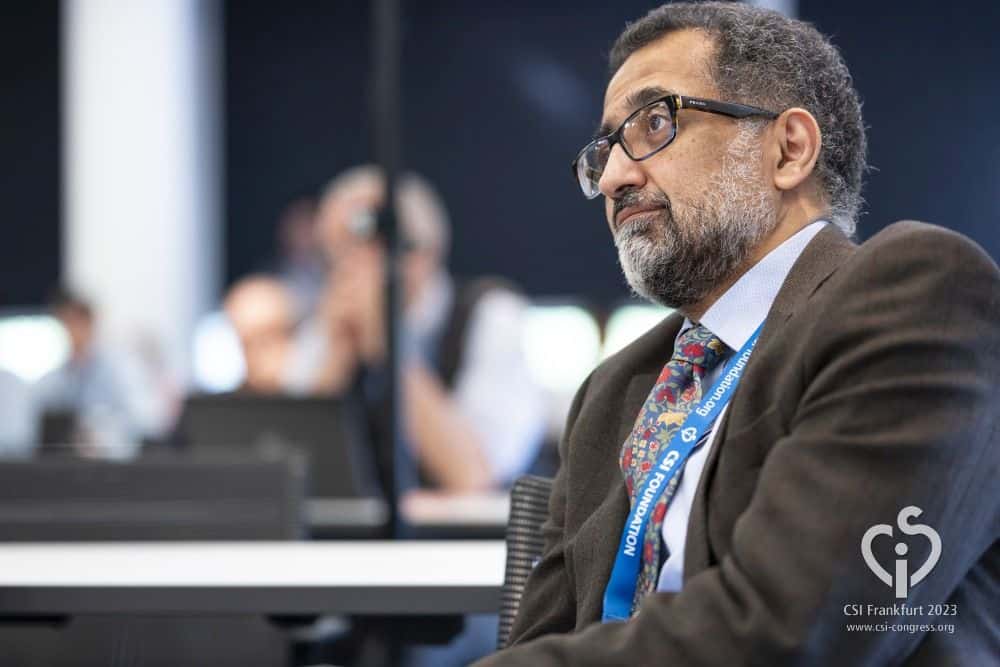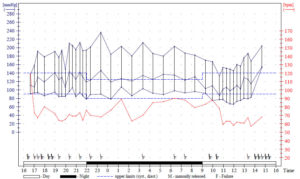High blood pressure, or hypertension, can lead to serious conditions like heart attacks, strokes, and kidney damage if blood pressure treatment guidelines are not followed. Over 10% of the population is affected by it, but many people don’t realise they have it.
What is High Blood Pressure?
High blood pressure occurs when blood consistently pushes too hard against the walls of your arteries (blood vessel walls). If your blood pressure measurements are over 140/85 (or 130/80 if you have diabetes), you may need further assessment of your blood flow.
How is High Blood Pressure Diagnosed?
A blood pressure reading or blood pressure check alone isn’t enough. Your doctor will assess your risk by considering age, cholesterol levels, and family history.
Taking your blood pressure is NOT as easy as it sounds.
- Find a quiet spot
- Put your arm on a table on a cushion- not hanging down by your side
- Have the blood pressure cuff properly fitted on the upper arm
- If the cuff is too big or too small, or loose, the reading will be inaccurate
- Take the reading
- Wait 2 minutes
- Take a reading
- Wait 2 minutes
- Take a reading
- Record the LOWEST of the BP readings. That is the real blood pressure
For more accurate hypertension investigation results, you may also need blood tests, an Electrocardiogram (ECG), an Echocardiogram (TOE), and sometimes blood pressure monitor for 24 hours.
Below you can see an example of a 24-hour blood pressure monitor disclosure:
Treatment for High Blood Pressure
Managing hypertension often starts with healthy lifestyle changes such as:
- Quitting smoking
- Weight loss
- Having a low-salt and high-fibre dietary approaches
- Regular exercise and physical activity
If these changes aren’t enough, your doctor may prescribe blood pressure medication in the UK, such as calcium channel blockers. According to blood pressure treatment guidelines, most patients will need more than one type of drug to control their hypertension effectively.
Uncontrolled hypertension increases your risk of serious complications, including cardiovascular diseases, heart failure, heart attack, stroke, and kidney failure.
Following blood pressure treatment guidelines and having a healthy lifestyle with regular check-ups are important for keeping your pressure under control.
If you’re experiencing dizziness and high blood pressure symptoms (chest pain, shortness of breath) or have concerns about your heart health, contact our office to book a consultation. Early detection and proper management with a blood pressure specialist can prevent severe complications and keep your pressure under control.
You have High Blood Pressure? Hypertension needs proper diagnosis and treatment. Dr Malik explains
Article by Dr Malik, a leading UK cardiologist. He works at One Welbeck Heart Health – London’s Largest Private Cardiology Group, and at Hammersmith Hospital, Imperial College Healthcare NHS Trust, London, one of the largest NHS Trusts in the UK.



